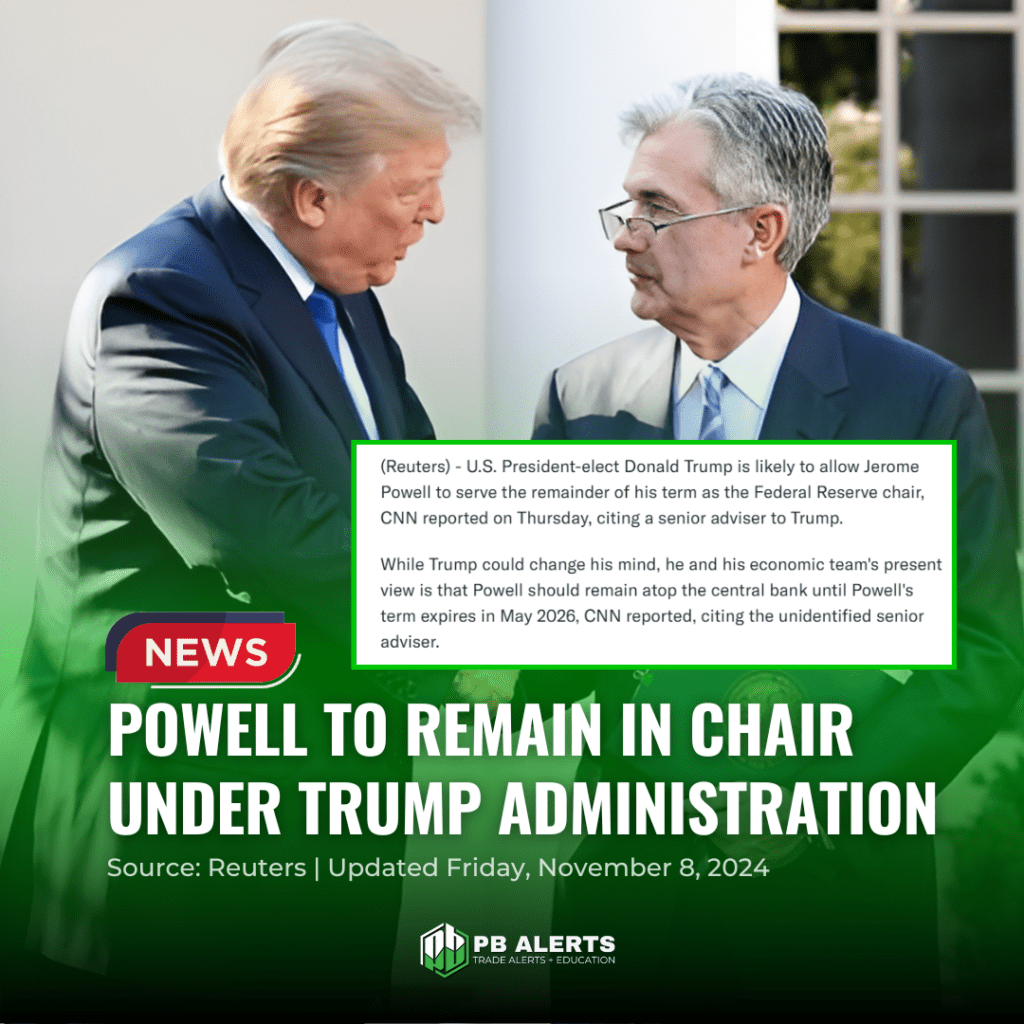Regulatory Environment: Easing Up on Mergers and Consumer Protections
During Trump’s first term, the Department of Justice took a lenient approach to mergers and consolidations in the airline industry, a stance that marked a contrast with the Biden administration’s more aggressive scrutiny. This approach gave airline companies greater flexibility in expansion and collaboration. If Trump follows a similar path in his second term, airline stocks might benefit from reduced regulatory barriers to mergers.

For instance, the Northeast Alliance between American Airlines and JetBlue could gain renewed momentum if Trump’s pro-business policies ease regulatory scrutiny. JetBlue’s previous bid for Spirit Airlines, which was blocked on antitrust grounds, may also see renewed potential under less stringent regulations. Such a shift could foster a wave of consolidation in the industry, possibly creating a stronger, more competitive landscape for U.S. airlines.

On consumer protections, Trump’s administration may roll back some Biden-era policies that have increased costs for airlines, such as mandatory refunds for canceled flights. The removal of such protections could improve airlines' profit margins but may spark concerns among consumer advocates regarding customer service standards.

Visa and International Tourism: A Potential Cooldown
One area likely to see a change is the visa and travel policy. During his first term, Trump enacted restrictions on visa issuance, particularly affecting travelers from specific countries. In contrast, the Biden administration streamlined visa processes, reducing wait times and expanding consular staff to boost tourism. However, if Trump reverts to stricter travel policies, this could impact the growth of international tourism, just as the U.S. was nearing a record-breaking number of visitors.

Increased visa restrictions could particularly impact airlines and hotels in popular tourist destinations, especially those dependent on high-spending international travelers. The U.S. aims to reach 90 million annual visitors by 2026, but tighter visa regulations could divert tourists to more accessible destinations, impacting revenue for airlines, hotels, and travel-related businesses.

Climate Policies and Sustainability Initiatives: An Uncertain Path
Environmental policies are expected to take a back seat under Trump, who has historically favored deregulation over climate initiatives. His previous withdrawal from the Paris Climate Accord and his focus on reducing regulatory burdens indicate that Trump may roll back sustainability measures in the airline sector. For airlines, this may mean fewer regulations surrounding emissions or sustainable fuel requirements, potentially lowering compliance costs in the short term.

Yet, as many airlines have committed to reducing their carbon footprints, a reduction in federal support for green initiatives might delay industry-wide goals for sustainable travel. The absence of government incentives could put U.S. airlines at a disadvantage compared to global carriers that continue to prioritize sustainable travel initiatives.
Infrastructure Investments: Will Growth Stall?
The airline industry benefitted from Biden’s infrastructure bill, which included substantial investments in airport modernization, road projects, and rail improvements. This funding helped ease congestion and improve traveler experiences at airports nationwide. Although Trump has previously expressed support for infrastructure investments, his second term may see a shift toward smaller, targeted projects rather than sweeping, long-term commitments.

Airlines and travel businesses reliant on modernized infrastructure might face delays in ongoing projects or may have to seek alternative funding sources if federal support wanes. However, Trump’s pro-business approach may favor private sector involvement in infrastructure, creating opportunities for companies to invest in projects independently.

Labor and Workforce Challenges: Seasonal Labor at Risk
A conservative stance on immigration could lead to restrictions on seasonal and temporary labor, creating challenges for airlines, airports, and tourism businesses that rely on foreign workers. For the hotel and tourism sectors, this could mean a continued struggle to fill staffing shortages that arose during the pandemic.

With tighter immigration policies, businesses may face higher labor costs as they turn to a competitive domestic labor market. In response, companies might accelerate investments in automation and digital solutions to offset staffing shortages, such as contactless services and self-check-in kiosks, impacting both operational efficiency and customer experience.

What This Means for Investors
For investors, Trump’s policies could signal a potential boom for airline stocks. A pro-business, deregulation-focused administration could ease restrictions on mergers, promote tax cuts, and reduce compliance costs, all of which would likely boost airline profitability and market performance. Following the announcement of Trump’s victory, airline stocks rallied, with legacy carriers and budget airlines alike experiencing significant gains.

However, there are potential downsides. Increased visa restrictions could affect revenue from international travelers, while the rollback of consumer protections might lead to heightened scrutiny from consumer advocates, potentially impacting brand perception. Additionally, the uncertainty around labor policies could affect costs and staffing flexibility for airlines and hotels alike.

As Trump’s second term unfolds, investors should watch for signs of deregulation in the airline industry and shifts in tax or trade policies that may impact fuel and operational costs. Airlines with strong domestic market positions may benefit most from a focus on deregulation, while companies heavily reliant on international travel might face new challenges. For those in the travel and airline sectors, navigating the changing regulatory landscape will be crucial for sustained growth and profitability.



